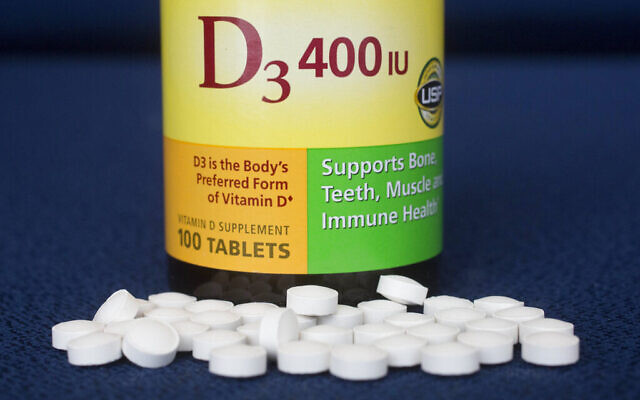A Manhattan judge says she won’t force a hospital to give an ailing post-COVID-19 patient the controversial drug ivermectin after the man’s wife sued for the non-FDA-approved treatment, according to a new ruling. Erika Quintero-Sherry brought a civil case against Mount Sinai Hospital on Jan. 26 seeking an emergency order to have the drug given to husband Benjamin Chernyavsky — who’s been “on death’s doorstep” after contracting the virus last month. Following two days of hearings in the case last week, including testimony from two Mount Sinai doctors, Manhattan Supreme Court Justice Lynn Kotler said she wouldn’t grant the emergency request to force the hospital’s staff to administer the risky drug based on Quintero-Sherry’s “paltry” evidence and going against Chernyavsky’s treating doctor’s recommendations, as well as the recommendations from the medical community at large.


“Plaintiff would have this court order defendants to administer an unapproved treatment to her husband against defendants’ medical opinion rendered in the independent exercise of their professional judgment,” Kotler’s Tuesday decision reads. “Indeed, the record reveals that if prescribed ivermectin, Mr. Chernyavsky’s condition may very well worsen.” “The prevailing view in the medical community … is that ivermectin should not be prescribed,” Kotler said, noting that that is the opinion of the FDA, the Centers for Disease Control and Prevention and many other medical associations. “Plaintiff’s paltry showing is insufficient to overcome the mountain of evidence showing that ivermectin is not presently safe or effective in the treatment of COVID-19,” Kotler wrote. Kotler also noted testimony from a Mount Sinai doctor that Chernyavsky was likely no longer infected with COVID-19, but rather “now must recover from the effects the disease has had on his body and organs.” While the judge did not grant the emergency motion, the rest of the case must still play out in court. “Mount Sinai is committed to providing the highest quality care to all of our patients and uses evidence-based data in our clinical decision-making,” a hospital spokesperson said in a statement. “We are pleased with the judge’s decision to sustain the decis Quintero-Sherry’s lawyers did not immediately return a request for comment. The 60-year-old father of five contracted the virus on Jan. 9 and was eventually put into a medically induced coma and also placed on a ventilator. Quintero-Sherry argued that her husband had a less than 20 percent chance of survival. The wife also said that since the hospital had exhausted all the COVID-19 protocols for patients, rather than continuing the alleged “wait-and-see” approach, there was nothing to lose by treating her husband with ivermectin. The drug — a horse and cow de-wormer — raised headlines during the pandemic after COVID patients were reportedly using it to treat the bug.
It’s approved for human use to treat parasitic infections, head lice and some skin conditions, according to the FDA.
“The FDA has not authorized or approved ivermectin for use in preventing or treating COVID-19 in humans or animals,” the agency says on its website. ions of our clinicians to refrain from using ivermectin for treatment of COVID -19.” “Ivermectin has not been shown to be safe nor effective for the treatment or prevention of COVID-19, and the FDA has not authorized or approved this treatment for this use,” the statement continued. NN: Ivermectin a Nobel prize winning drug designated by the WHO as an essential medicine. Countless studies have shown it to be a powerful antiviral inhibiting the ACEII receptor. It has been administered in over a billion doses and is one of the safest medicines ever developed……
